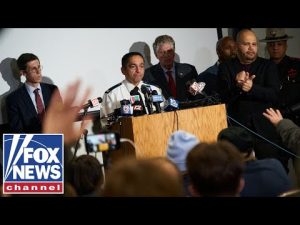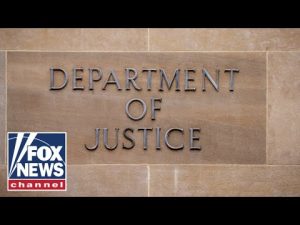In the ever-evolving world of politics, honesty often finds itself under scrutiny, particularly when it comes to high-profile figures like President Joe Biden. A recent revelation has emerged, raising eyebrows and spurring conversations about transparency, especially concerning his son, Hunter Biden. During a July 2024 interview, President Biden made a bold statement regarding his son’s legal troubles: he would not grant Hunter a pardon under any circumstances. This declaration, made amidst concerns over Hunter’s past legal issues, starkly contrasts with his previous actions and statements regarding family loyalty.
To break it down, Biden’s unwavering stance could be seen as a display of principles—abiding by the judicial process and allowing the system to run its course. On the surface, this sounds commendable. Yet, many are left scratching their heads considering how quickly a Fatherly vow can change. With the Biden family’s history fraught with scandals and controversies, these bold assertions raise questions about the authenticity of his commitment to his son’s accountability. After all, does “no pardon” really mean “no pardon,” or is it just the calm before a storm of family loyalty?
The president’s comments may also reflect a strategic move in a politically charged environment. As the election cycle heats up, pandering to public sentiment around accountability and transparency seems paramount. However, the sincerity of these words may fall flat, especially given how political loyalties often sway during times of desperation. Imagine an alternate reality where the legal winds start blowing in favor of Hunter; one could almost picture the swift pivot of Biden employing every familial instinct to bail out his son, all while reminding America of his unwavering commitment to his family. Talk about a plot twist!
Additionally, this situation highlights the larger issue of family and politics. Since when did the familial bond become a matter of political expediency? While pride in one’s child is commendable, the president’s statements lead to a broader examination of how political figures navigate their personal lives alongside their public responsibilities. Is there a line between personal duty and public scrutiny? Should forgiveness—or accountability—be part of a political figure’s repertoire, or is it merely a tool for maintaining public favor?
In conclusion, Joe Biden’s declaration about his son Hunter might sound like a principled stand on the surface, but it undoubtedly raises questions about the honesty underlying such pronouncements. As voters, citizens are left to ponder the implications of such claims, weighing the balance between familial loyalty and public accountability. At the end of the day, whether viewers find Biden’s approach admirable or disingenuous, one thing remains clear: in the fast-paced world of politics, statements can often be as slippery as the ice on a winter’s day.







